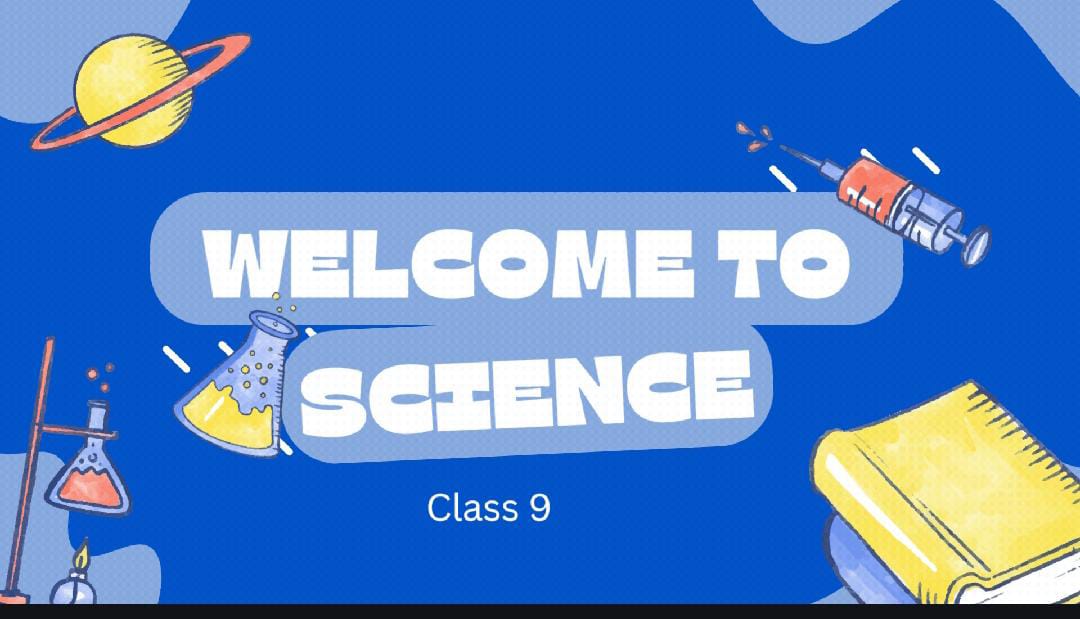NCERT Class IX – Science

About Course
NCERT Class 9 Science serves as a fundamental introduction to the principles of science for students in India. The curriculum is designed to provide a solid foundation in basic scientific concepts, preparing students for more advanced study in later years.
Here’s a brief overview of what you can expect from the Class 9 Science syllabus:
1. **Nature of Matter**: Students begin with the study of matter and its classification, understanding elements, compounds, and mixtures. This section introduces the concept of atoms and molecules.
2. **Structure of Atom**: This topic covers the basic structure of an atom, including protons, neutrons, and electrons, and how these particles contribute to the properties of elements.
3. **Cell Structure and Function**: Students explore the cell as the basic unit of life, learning about different types of cells, their structure, and functions.
4. **Tissues**: The study extends to the various types of tissues in plants and animals, understanding their functions and significance in the organism.
5. **Diversity in Living World**: This section focuses on the classification of living organisms, exploring the diversity of life forms and their ecological significance.
6. **Motion**: Basic principles of motion are introduced, including concepts like speed, velocity, and acceleration, and the laws of motion by Newton.
7. **Force and Laws of Motion**: Students learn about the concept of force, its effects on motion, and Newton’s laws of motion.
8. **Work and Energy**: This topic covers the concepts of work, energy, and power, and their practical applications in everyday life.
9. **Sound**: The nature of sound, its propagation, and its properties are studied, along with practical applications like musical instruments.
10. **Natural Resources**: Students examine the importance of natural resources, including air, water, and soil, and their role in sustaining life.
11. **Improvement in Food Resources**: The curriculum includes the study of agriculture and animal husbandry, focusing on techniques for improving food production.
Each chapter is designed to build upon the previous ones, fostering a comprehensive understanding of scientific principles and encouraging curiosity about the natural world. The approach is hands-on and aims to develop analytical and problem-solving skills, preparing students for future scientific studies and practical applications.
Course Content
Chapter 1 – Matter in Our Surroundings
Chapter 2 – Is Matter Around Us Pure?
Chapter 3 – Atoms and Molecules
Chapter 4 – Structure of the Atom
Chapter 5 – The Fundamental Unit of Life
Chapter 6 – Tissues
Chapter 7 – Motion
Chapter 8 – Force and Laws of Motion
Chapter 9 – Gravitation
Chapter 10 – Work and Energy
Chapter 11 – Sound
Chapter 12 – Improvement in Food Resources
Student Ratings & Reviews
